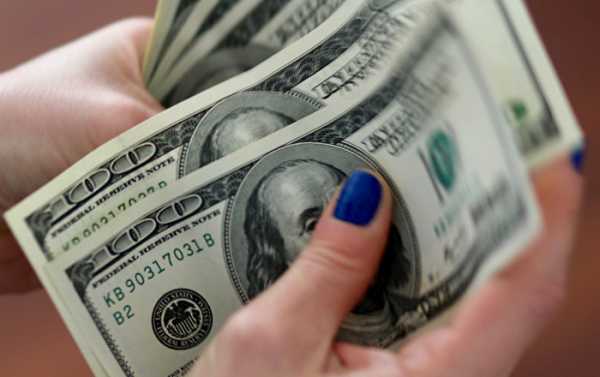
The statement came after Maja Kocijancic, the European Commission’s Spokesperson for Foreign Affairs and Security Policy, said earlier in November that the European Union has stepped up work on the creation of a special mechanism that will facilitate trade with Tehran amid the latest round of unilateral US anti-Iranian sanctions.
Iranian Deputy Foreign Minister for Political Affairs Abbas Araqchi has accused the United States of weaponising the dollar, which he claimed rides roughshod over the interests of EU countries.
“The dollar has become a weapon for the United States to force its illegitimate demands upon its European partners, practically challenging their national sovereignty,” Araqchi was quoted by Iran’s Press TV news agency as saying.
During a meeting in Rome with Vito Rosario Petrocelli, the head of the Italian Senate’s Foreign Committee, Araqchi also urged the EU to try to stop the US from using its economic pressure as a weapon in order to establish hegemony.
Additionally, the two officials discussed the future of the 2015 Iran nuclear deal, also known as the Joint Comprehensive Plan of Action (JCPOA), with Araqchi recalling that Tehran had already fulfilled its commitments under the JCPOA and that the EU should follow suit.
Petrocelli, for his part, touted the Iran deal as an important achievement for global stability, pledging Rome’s support for the agreement.
Separately, Araqchi sat down with Marta Grande, the president of the Foreign and European Affairs Committee of Italy’s Chamber of Deputies, who signalled the EU’s determination to continue cooperating with Iran and create a financial channel that would facilitate bilateral business ties.
Earlier, EU foreign policy commissioner Federica Mogherini, as well as foreign ministers from the UK, France, and Germany, said in a statement that their counties would keep “effective financial channels” open with Iran.
The announcement came after the EU set in motion the so-called blocking statute in a bid to protect European companies doing business with Iran from the impact of Washington’s extraterritorial sanctions.
The statute forbids European businesses from complying with the US sanctions, nullifying any foreign court rulings against them and allowing them to recover damages if they’re issued penalties.
In May, US President Donald Trump announced Washington’s withdrawal from the JCPOA, also vowing to reinstate sanctions on Tehran, and gave foreign companies a grace period of 90 to 180 days to stop trading with the Islamic Republic.
The first wave of US sanctions, targeting Iran’s automotive sector and the purchase and sale of gold as well as a number of other metals, came into effect on August 7. A second batch of sanctions, against the country’s energy and banking sectors, entered force on November 5.
Sourse: sputniknews.com






